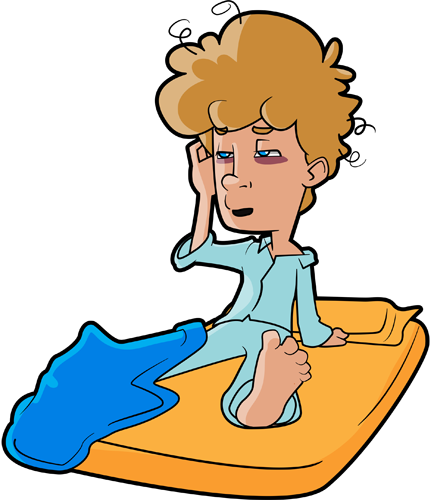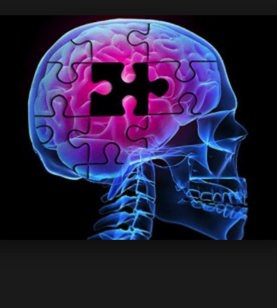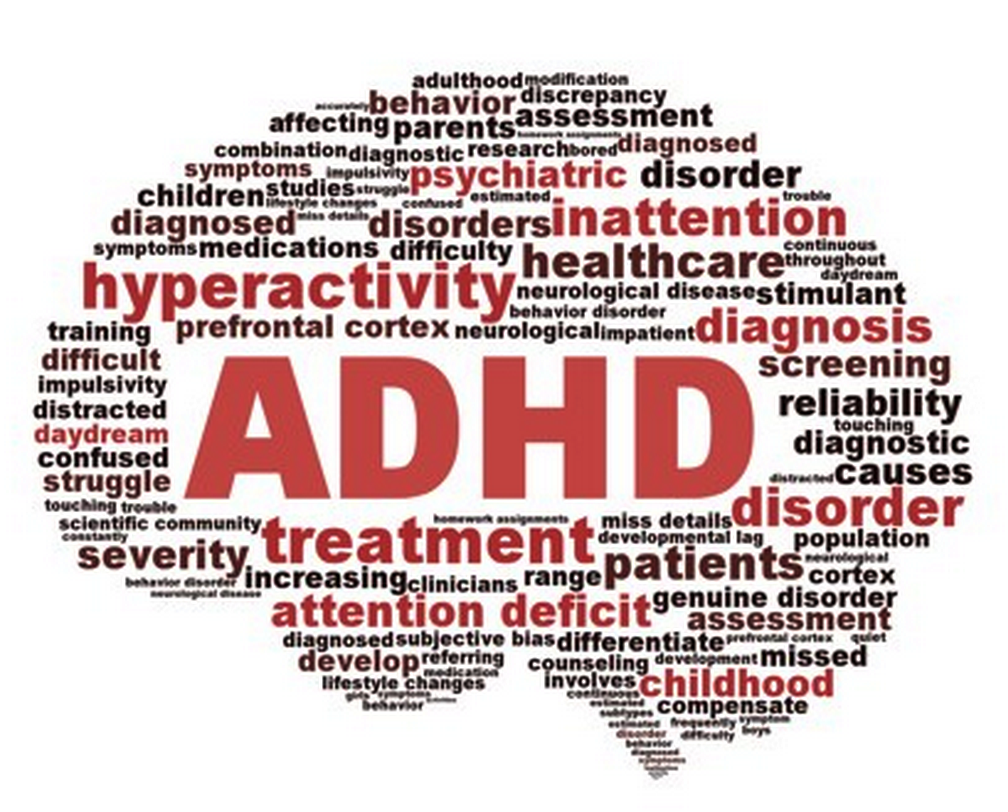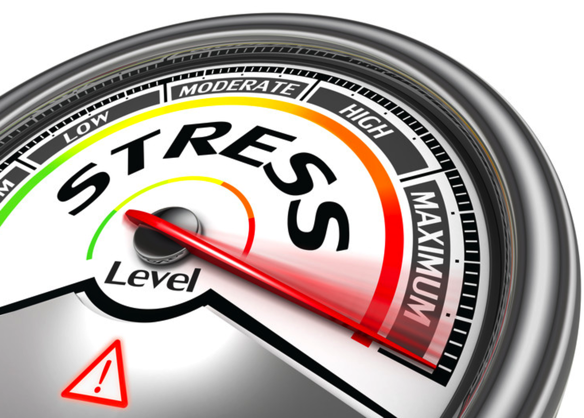
Minneapolis St. Paul Mental Health Blog
Posts by:
MaryAPRN.com/ Advanced Practice Psych LLC


TMS for Depression and/or Insomnia | Mental Health
Evidence is building in favor of using transcranial magnetic stimulation (TMS) ...
early in the course of treatment-resistant depression (TRD) and in other cases, Insomnia.

Treating Major Depression and Pain | Ketamine
Treating Major Depression | Ketamine has long been used to relieve pain, and more recently has been utilized to treat major depression. Now doctors at Cedars-Sinai Medical Center in Los Angeles, California, are using it to help patients suffering from both conditions together.

Treating ADHD | is it tied to lower car crash risk?
People with attention deficit hyperactivity disorder (ADHD) are already at increased risk of motor vehicle accidents, but it is significantly reduced when they are taking ADHD medication, a 10-year study finds.

The Effects of Insomnia on Mental Health | cause and effect
Insomnia may also be associated with increased risk of suicidal ideation, inflammation, heart disease, breathing problems, hypertension, and chronic pain.
Sleep difficulties can both cause and result from psychiatric disorders, and clinicians must be sure to treat the conditions simultaneously, Psych Congress co-chair Charles L. Raison, MD, said at the Psych Congress Regionals meetings.

Diet Sodas | 3x risk of Stroke & Dementia Study
People who drink diet sodas daily have three times the risk of stroke and dementia compared to people who rarely drink them, researchers reported.
It’s yet another piece of evidence that diet drinks are not a healthy alternative to sugary drinks, and suggests that people need to limit both, doctors said.
While the findings do not prove that diet drinks damage brains, they support other studies that show people who drink them frequently tend to have poorer health.
The researchers, led by Matthew Pase of the Boston University School of Medicine and colleagues, studied more than 4,000 people for their report, published in the journal Stroke.
“We found that those people who were consuming diet soda on a daily basis were three times as likely to develop both stroke and dementia within the next 10 years as compared to those who did not consume diet soda,” Pase told NBC News.
“Both sugar-sweetened and artificially sweetened soft drinks may be hard on the brain.”
“Our study provides further evidence to link consumption of artificially sweetened beverages with the risk of stroke,” the team wrote.
“To our knowledge, our study is the first to report an association between daily intake of artificially sweetened soft drink and an increased risk of both all-cause dementia and dementia because of Alzheimer’s disease.”
The team did not ask people which artificial sweetener they used. Some of those in the diet drinks were likely saccharin, acesulfame, aspartame, neotame, or sucralose, the researchers said.
To their surprise, the team did not find the same risk for sugar-sweetened beverages. But they found other troubling signs. “In our first study we found that those who more frequently consume sugary beverages such as fruit juices and sodas had greater evidence of accelerated brain aging such as overall smaller brain volumes, they had poorer memory function and they also had smaller hippocampus, which is an area of the brain important for memory consolidation,” Pase said.
And other experts pointed out that sugary drinks are a major cause of obesity, diabetes, stroke and other ills.
“Both sugar-sweetened and artificially sweetened soft drinks may be hard on the brain,” Dr. Ralph Sacco, chairman of the neurology department at the University of Miami, and colleagues wrote in a commentary in the same journal.
Sacco, a former president of the American Heart Association, led another study that found women who drank diet sodas had a higher risk of stroke, heart attack and other types of heart death.
“Now with the growing number of studies that suggest a relationship between artificial sweetened beverages and vascular risk, I would say reach for a bottle of water before you reach for your artificial sweetened beverages,” Sacco stated.

Mental Health Update | Sharp Rise in Suicides by Gun among American children
American children died of self-inflicted gunshot wounds at a sharply higher rate in 2014 than seven years earlier...
according to a recent study, which said that the safe storage of firearms could make a big difference in preventing youth suicides.
Among children and teens aged 17 or younger, 1.6 per 100,000 killed themselves with guns in 2014, compared with 1.0 per 100,000 in 2007.

Mental Health for Pregnant Mothers | Should they not use their phone?
Children whose mothers were frequent cell phone users during pregnancy...
were more likely than those of less frequent users to be hyperactive, a new study finds.

Feeding Depression? Foods tied to increased Depression Risk
Mental Health includes eating the right foods in the right amounts to give your body the best opportunity to being healthy. Here a study takes a look at diet and depression.

Stress and Weight gain | Managing it is the first step
Mental Health Help | When we are stressed out, the fix isn’t easy, however avoidance isn’t the answer either.
The latest study is using hair to measure long-term levels of the stress hormone cortisol, UK researchers confirm the link between chronic stress and packing on pounds, as well as difficulty shedding excess weight.
